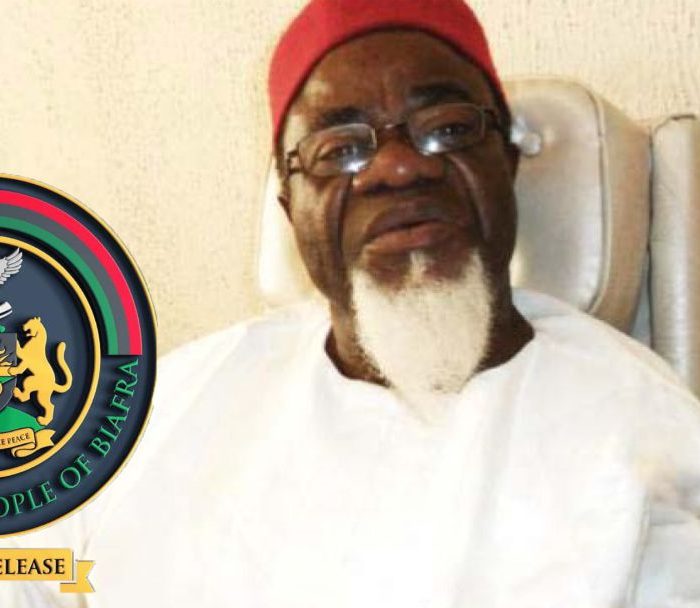Global trade grew at its fastest for six years in 2017, the World Trade Organisation (WTO) revealed on Thursday, and the outlook is positive – but only if tensions between major economies do not escalate into a full blown trade war.
According to the WTO’s figures, the volume of world merchandise trade grew by 4.7 per cent, by far exceeding the 3.6 per cent forecast in September last year, and well above the 1.8 per cent growth in 2016. Based on improved business and consumer confidence, the WTO estimates world trade will grow nearly as fast this year as they did last year, at 4.4 per cent, with growth of 4 per cent in 2019.
Read more
- IMF boss warns trade protectionism will only hurt the world's poorest
- China files trade complaint against US at the WTO over steel tariffs
- China says it will defeat US in any trade war and stand up to Trump
Roberto Azevedo, director general of the WTO, said: “This is good news. It represents the best run of trade expansion since before the crisis, supporting economic growth, development and job creation around the world.
“But, of course, risks to the forecast are significant and they are predominately on the downside.”
These risks include a tightening of monetary policy, which would see credit restricted and interest rates raised, and therefore worse financial conditions in general.
However, Mr Azevedo added, the more significant risk to world trade is “the rise in tensions that we are seeing between some trading partners”.
Donald Trump recently announced tariffs on aluminium and steel from China, kicking off a chain of events that left many concerned about the possibility of a trade war. The first round of tariffs was followed with a further set of levies on up to $60bn (£42bn) of goods, to which China responded with its own set of tariffs on a list of 128 US imports.
“It is not possible to accurately map out the effects of a major escalation, but clearly they could be serious. A breakdown in trade relations among major players would derail the recovery that we have seen in recent years, threatening the ongoing economic expansion and putting jobs at risk,” he said.
“In an interconnected economy, the effects would be globalised, reaching far beyond those countries who are directly involved. Poor countries would stand to lose the most. So we have to do everything we can to avoid further escalation.
“We must safeguard the strong trade growth that we are seeing today, and ensure that trade remains an engine for economic growth, job creation and development around the world.”
- More about:
- China
- WTO
- trade war
- US-China trade war
Reuse contentRead the Original Article


























